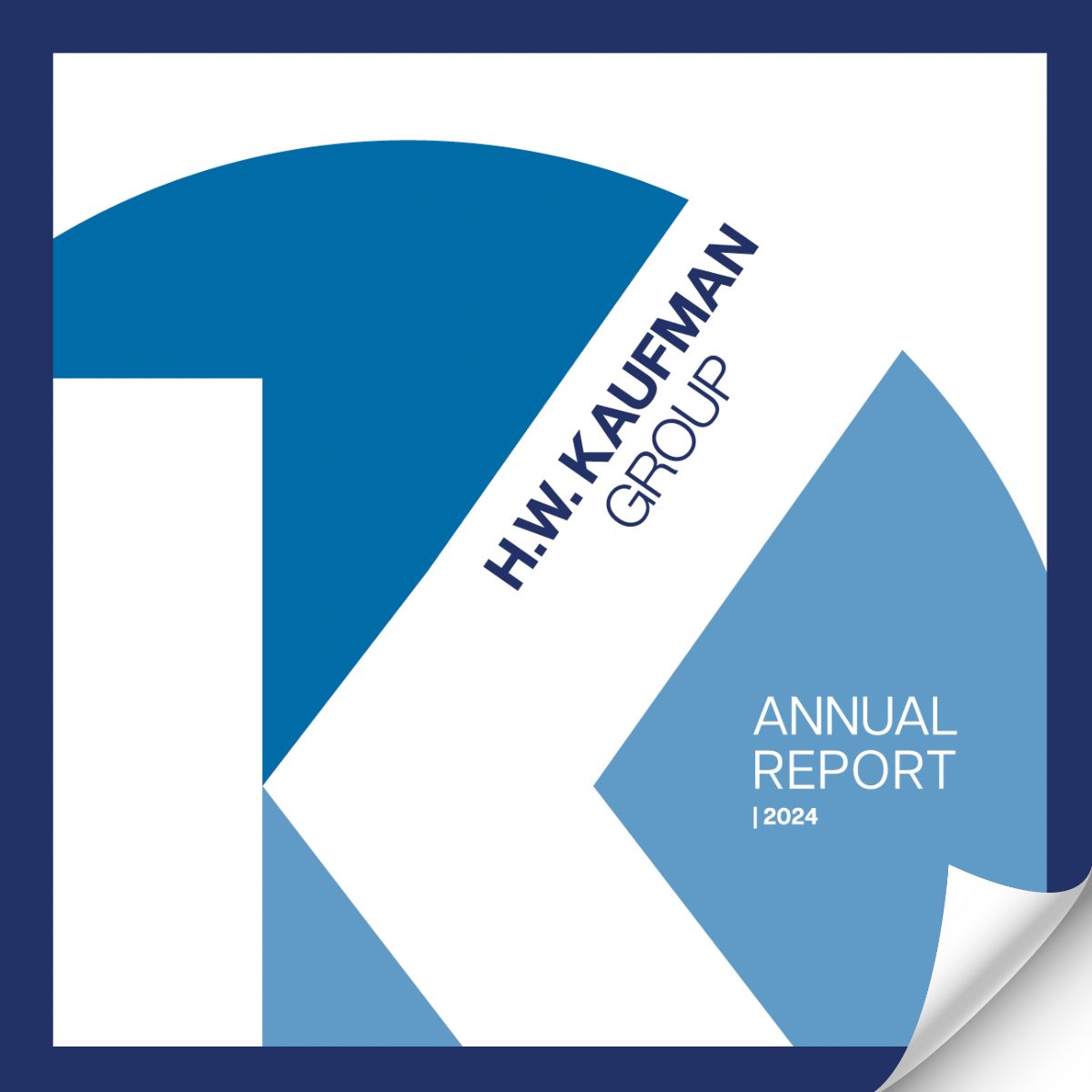Featured Solutions
The survey indicated that more than half of the participants were concerned about professional mistakes, while 68% are worried about inflation. Other concerns relate to lower rates of consumer spending, a potential recession and supply chain challenges.
Despite small businesses’ fears, more than a quarter of them said they do not have insurance coverage, and more than half feel they are “less than very prepared” in the event of a possible mishap.
“I found it shocking that almost one in three small business owners is uninsured,” said Kevin Cuyler, Manager, Commercial Insurance, Burns & Wilcox, New Orleans, Louisiana.
A 2022 study in Canada revealed 40% of small business owners are not equipped with insurance. Nearly a quarter of the 222 respondents said they felt they did not need it, while 16% cited the cost of insurance as a prohibiting factor.

Before they consider proceeding with operations if they're a new entity, or if a small business is operating with no insurance, the business owner needs to figure out if this is something they can afford and consider what exposures are out there.
“Before they consider proceeding with operations if they’re a new entity, or if a small business is operating with no insurance, the business owner needs to figure out if this is something they can afford and consider what exposures are out there,” said Aaron Pfister, Underwriter, Commercial Insurance, Burns & Wilcox, Scottsdale, Arizona.
An initial step for small businesses is to have an operational plan in place and consider whether they are adequately protected, Pfister said. He encourages business owners to inquire about whether they qualify for a Business Owners Policy (BOP), which generally provides comprehensive Commercial General Liability Insurance (CGL) in the event of third-party injuries and property damage, and Commercial Property Insurance, which covers physical damage to the property after severe weather and other covered events. However, this is often not available, especially in Excess & Surplus Lines, so CGL and Commercial Property Insurance are important to consider independently.
Property damage be devastating
Late last week in Mississippi, deadly tornadoes ripped through rural areas, damaging homes and businesses in their path, The New York Times reported. In the event of severe weather events such as this, Business Interruption Coverage is important to consider.
“This comes into play when businesses sustain direct physical damage to their insured property that causes them to generate decreased revenue and incur extra expenses to operate or even halt operations entirely,” Cuyler said. “Another major concern, particularly in coastal areas, is that a standard Property policy does not cover flood as a cause of loss, so the loss of income for a flood loss is generally not going to be covered.”

The biggest concern here in Louisiana is a business interruption stemming from a wind and hail loss. We’ve really felt the crunch down here with active storm seasons, magnified by increased insurance costs due to catastrophes.
“The biggest concern here in Louisiana is a business interruption stemming from a wind and hail loss,” he added. “We’ve really felt the crunch down here with active storm seasons, magnified by increased insurance costs due to catastrophes.”
In September 2022, Hurricane Fiona, “the most costly extreme weather event ever recorded in Atlantic Canada,” caused an estimated $800 million in insurance claims, the Insurance Journal Reported.
Underwriters should pay close attention to ensure a business’s property is adequately insured to reflect its current value, Pfister said. “With inflation and increased building costs, the replacement cost to rebuild something that is damaged or burned is on the rise. There have been numerous situations where we have found that insureds do not have adequate limits.”

With inflation and increased building costs, the replacement cost to rebuild something that is damaged or burned down is on the rise.
Insurance tends to be the last thing that that a business owner thinks about when they are buying property, Cuyler added. “With the hardening of the insurance market after all the catastrophes, insurance costs when they purchase a new policy for closing can be considerably higher than the previous property policy in place three years ago — that impacts a lot of property acquisitions because they were unprepared for the increased cost,” he said.
Employee injuries cited as top concern
Just as with larger businesses, small businesses also have exposure when it comes to employees, according to Pfister, and should be prepared.
In most states, laws require businesses to offer Workers’ Compensation Insurance, Pfister said, which can provide coverage for lost wages and medical expenses for an injured employee in the event of an accident.
Along with injuries and illnesses, Employment Practices Liability (EPL) Insurance, is key in the event of employee allegations of discrimination, harassment, and wrongful termination, for example, Pfister said.
According to a 2022 study by AARP, the COVID-19 pandemic highlighted ageism as a prevalent issue in today’s workforce. This research identified two in three adults over the age of 50 in the labor force believe older employees face discrimination based on their age, and one in ten said they had not been considered for a promotion due to their age.
Between 2018 and 2021, the U.S. Equal Employment Opportunity Commission (EEOC) received 98,411 charges that alleged harassment under any basis and 27,291 alleging sexual harassment. In total, the EEOC recovered about $300 million for individuals who made sexual harassment claims.
Planning and risk management is vital
While situations tied to harassment, weather, and third-party injuries can impact small businesses, a cyberattack, while often overlooked, could devastate their operations, Pfister said. “More often than not, we find they pass on insurance coverage because they don’t want the extra expense and they don’t think it will happen to them.”
In November 2022, a report indicated that about 90% of cyber risk was uninsured, according to Insurance Business Magazine. Small-and-medium-sized businesses were found to be at high risk and tend to be uninsured or grossly underinsured related to cyber risk.
Cuyler points out that for small businesses, they often do not have the resources to have someone solely focused on insurance as opposed to larger corporations who have employees dedicated solely to risk management.

I imagine it's difficult for a business owner to keep a pulse throughout the year on what they projected for their annual exposures on their insurance policy versus what they're actually doing at a certain point of the year. This could come to a head at the end of the year when they complete a premium audit.
“Without proper guidance, I think insurance is a difficult thing for a small business owner to budget for,” he said. “I imagine it’s difficult for a business owner to keep a pulse throughout the year on what they projected for their annual exposures on their insurance policy versus what they’re actually doing at a certain point of the year. This could come to a head at the end of the year when they complete a premium audit.”
While budgeting for insurance can be a challenge, it is imperative to still make sure they are addressing risk management, Pfister said, like keeping a clean work environment and a safe job site.
A good first step would be having an operational plan in place and consider what a worst-case scenario would look like depending on what your operations are, Pfister said.
Pfister suggests business owners ask themselves, if something major happens to my business, am I going to be adequately protected?
“The costs may seem high… but in the event of an accident, the business could fall out of operation because they didn’t have proper risk management in terms of their insurance,” he added. “If you think about it that way, the costs are paid to protect the operations of your business, and accidents happening outweigh the severity of not having coverage.”






